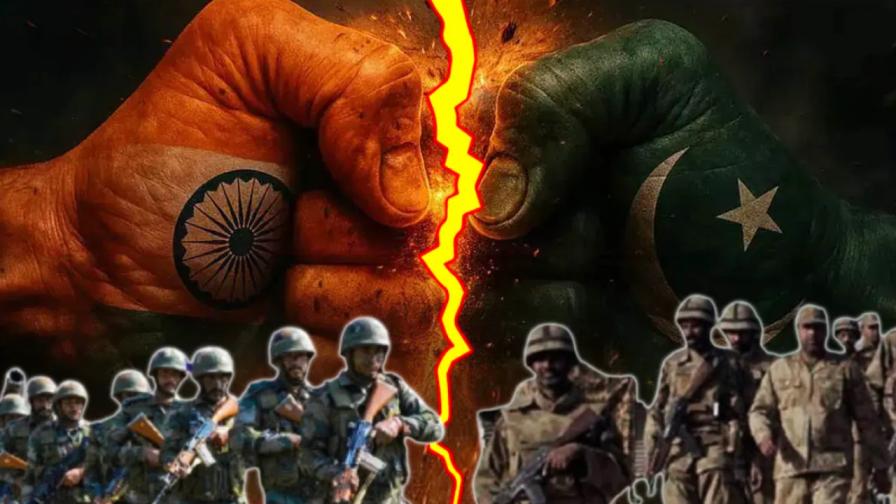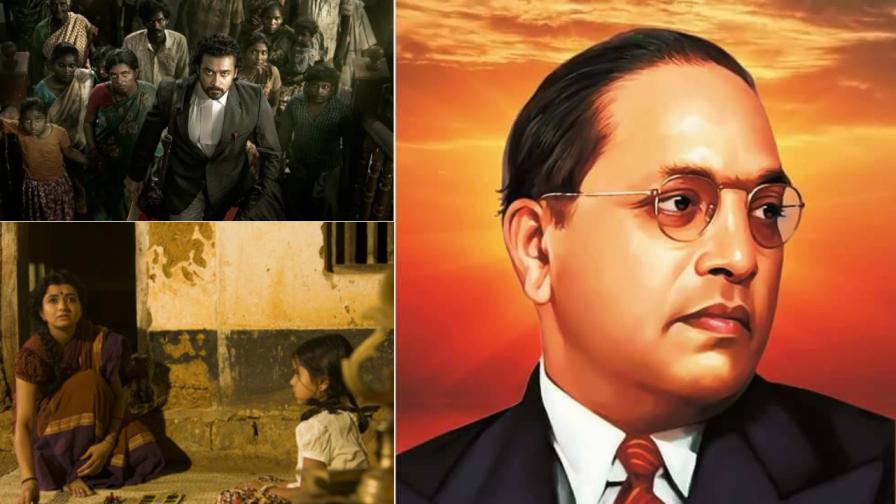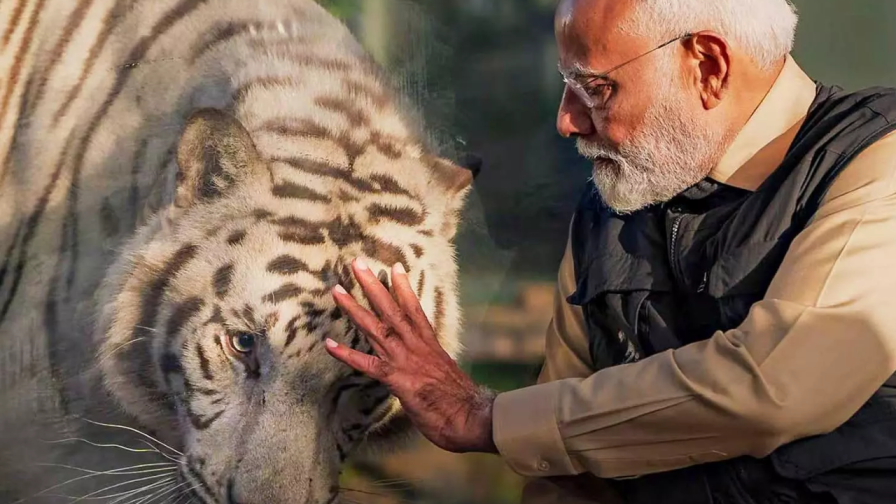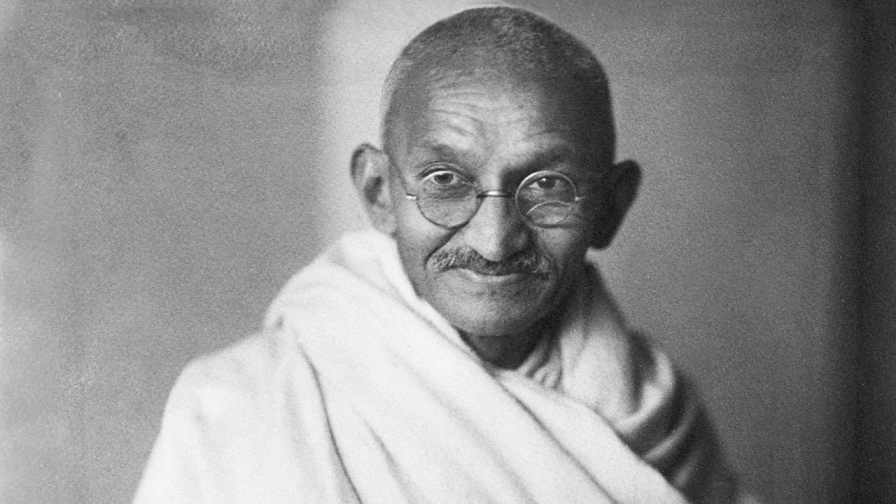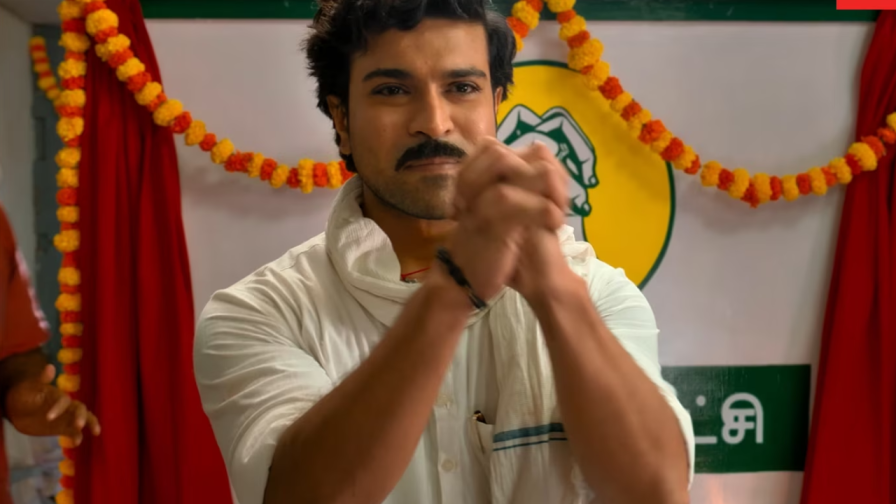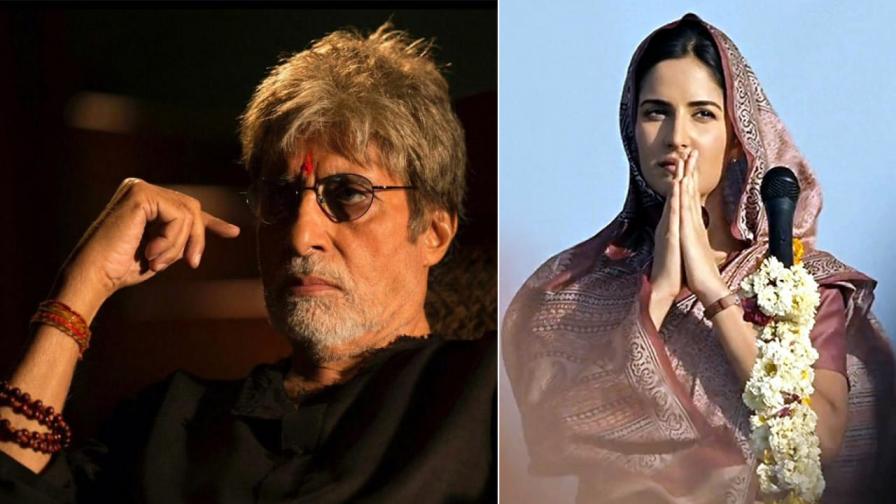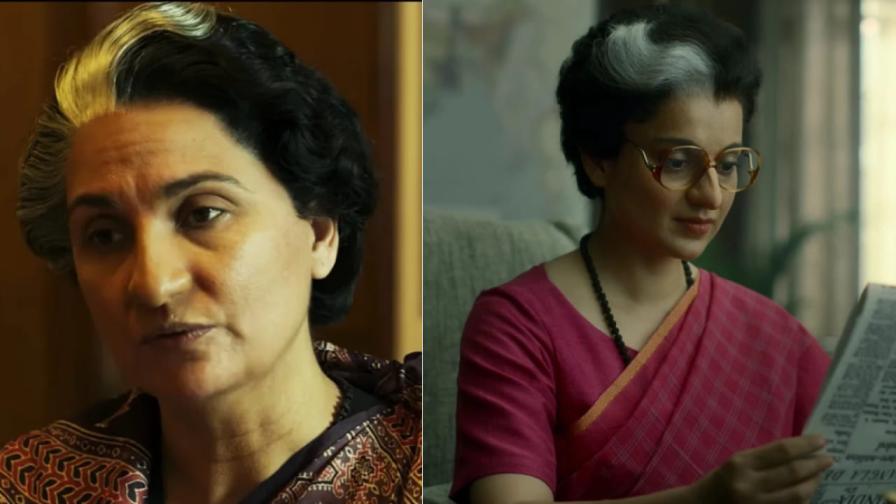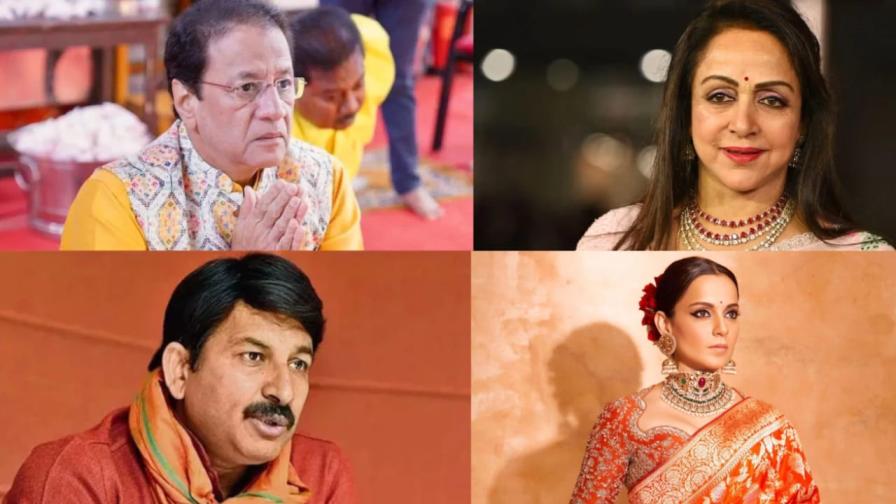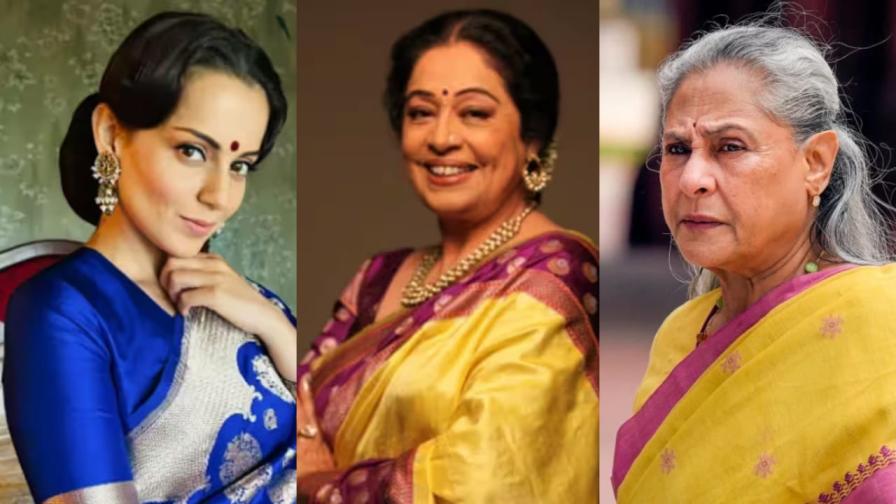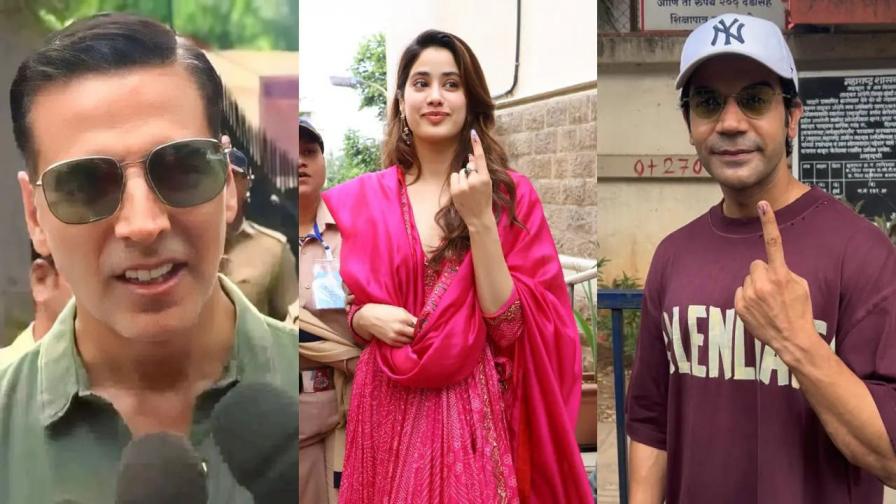Updated on: 17 September, 2024 11:34 AM IST |Amruta Karulkar
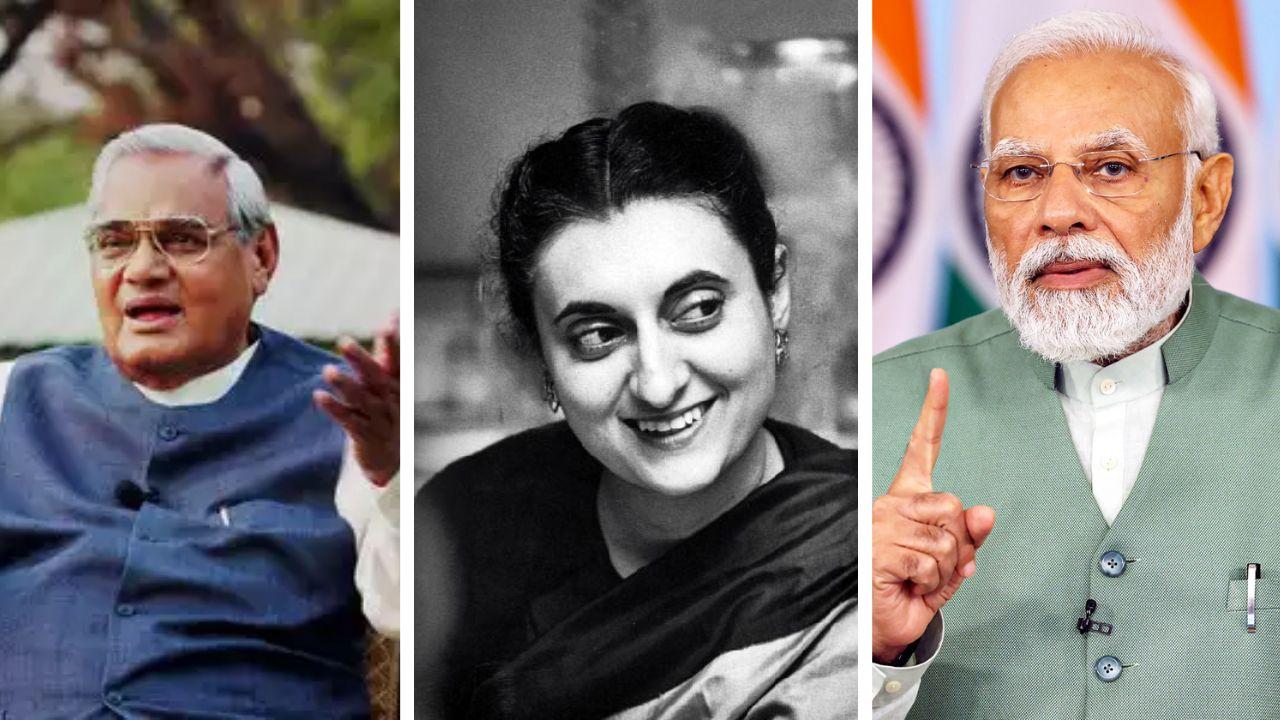
India has witnessed numerous leaders at the helm of its government since gaining independence in 1947. Among them, a select few Prime Ministers have stood out not only for their lengthy tenures but also for their significant contributions to the countrys development and global stature. From the nations first Prime Minister, Jawaharlal Nehru, to the current leader, Narendra Modi, these individuals have shaped Indias political, economic, and social landscapes in profound ways. Lets explore the longest-serving Prime Ministers in the political history of India.
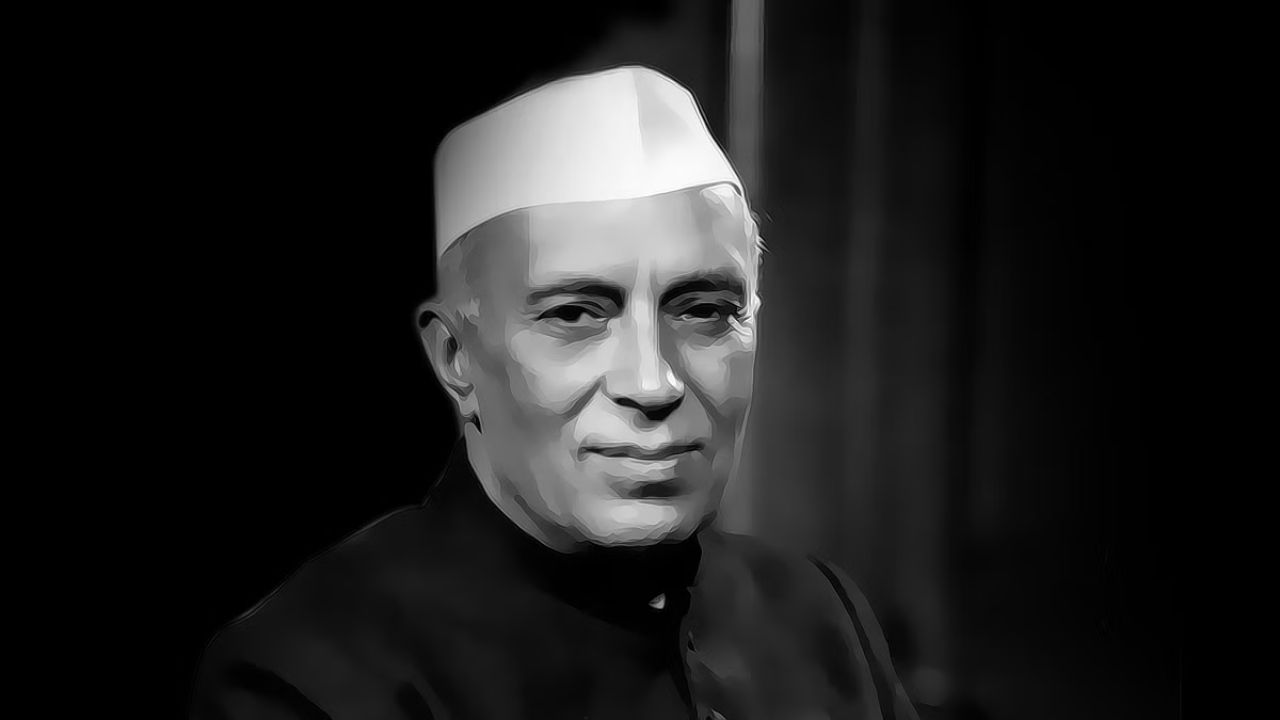
1. Jawaharlal Nehru
Tenure: August 15, 1947 – May 27, 1964Duration: 16 years, 286 days
Jawaharlal Nehru, India's first Prime Minister, served the country from its independence in 1947 until his death in 1964. He played a crucial role in shaping modern India, establishing a parliamentary system, and promoting scientific and technological advancements.
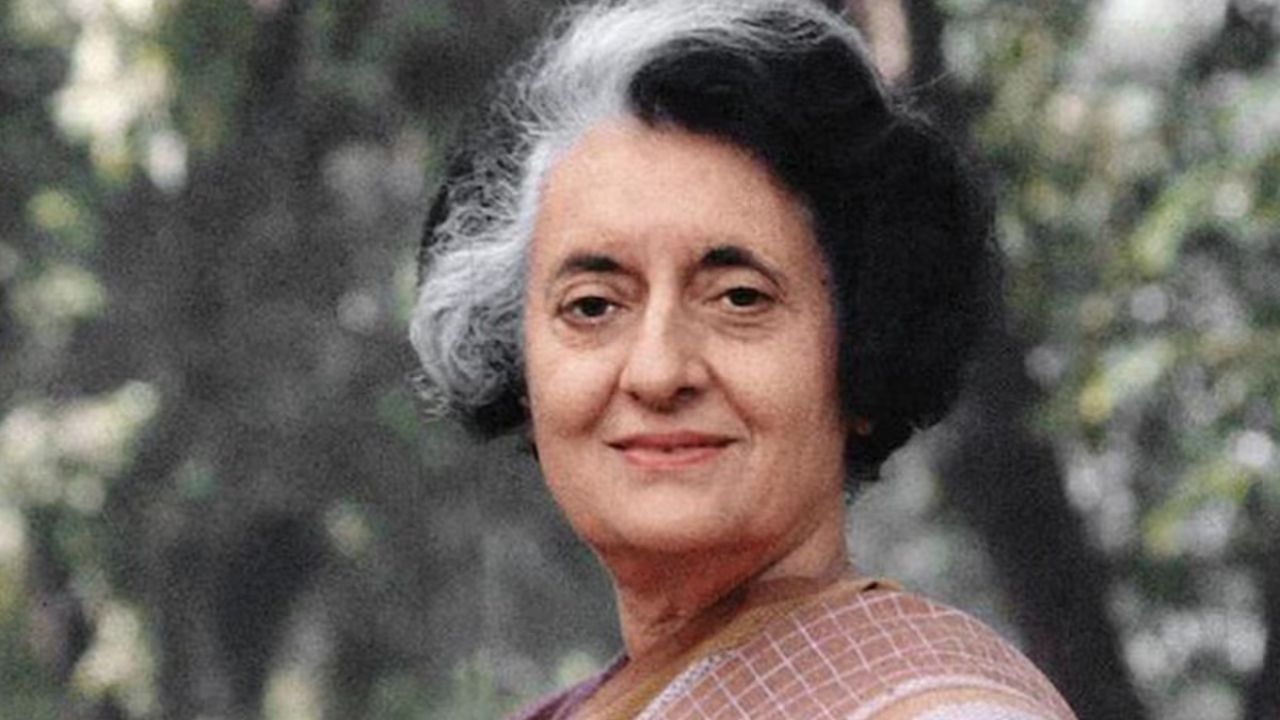
2. Indira Gandhi
Tenure: January 24, 1966 – March 24, 1977 and January 14, 1980 – October 31, 1984Duration: 15 years, 350 days
Indira Gandhi, the first and only female Prime Minister of India, served two non-consecutive terms. Known for her strong leadership, her tenure was marked by significant events such as the Emergency period (1975–1977) and the Green Revolution, which transformed India's agriculture.
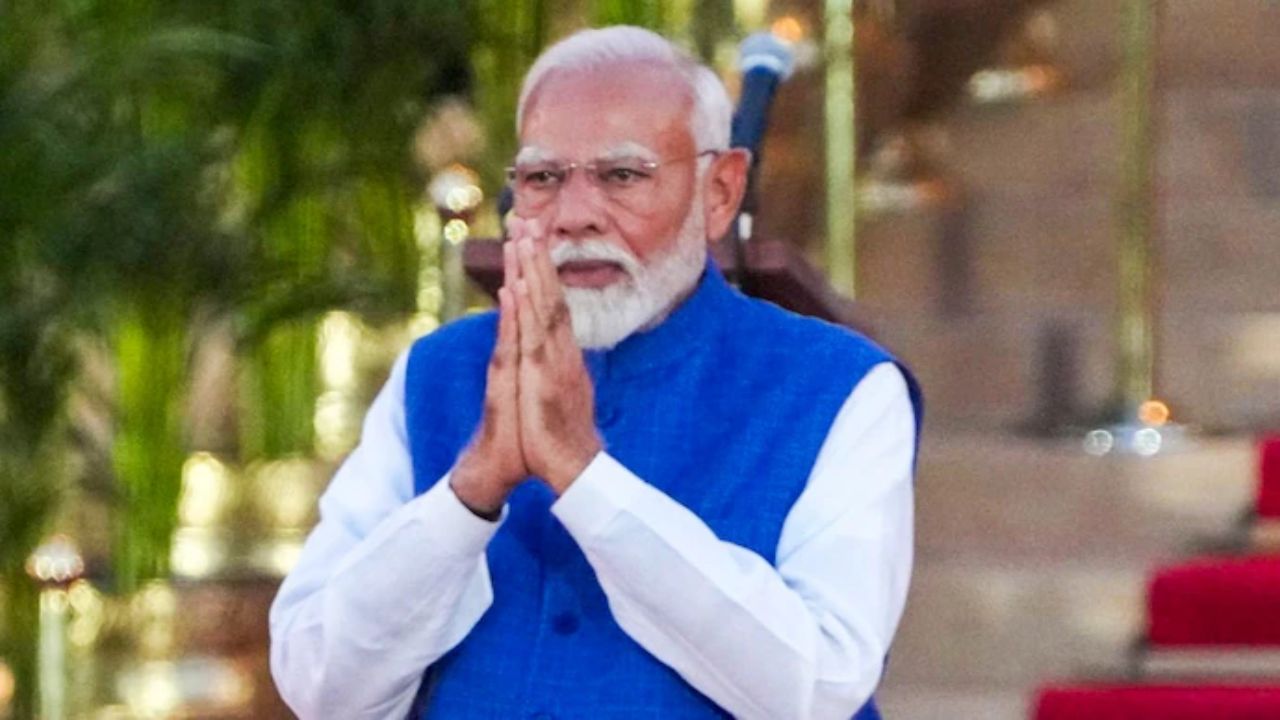
3. Narendra Modi
Tenure: May 26, 2014 – presentDuration: Ongoing (10 years, 15 days as of June 10, 2024)
Narendra Modi has been serving as Prime Minister since 2014. His leadership is marked by significant economic initiatives, digitization efforts, and a strong stance on national security. Modi's tenure has also seen considerable international engagement and policy reforms.
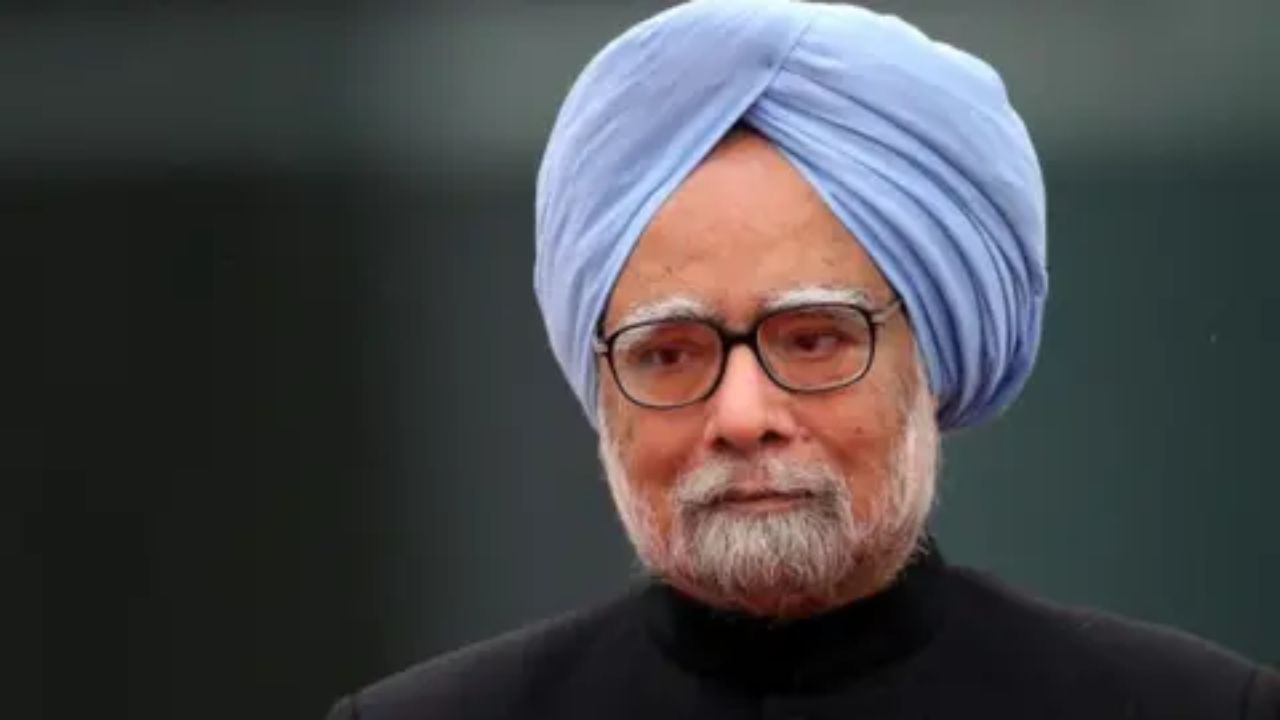
4. Manmohan Singh
Tenure: May 22, 2004 – May 26, 2014Duration: 10 years, 4 days
Manmohan Singh, an economist and politician, served as Prime Minister for two consecutive terms. His administration focused on economic reforms, improving international relations, and advancing India's status on the global stage.
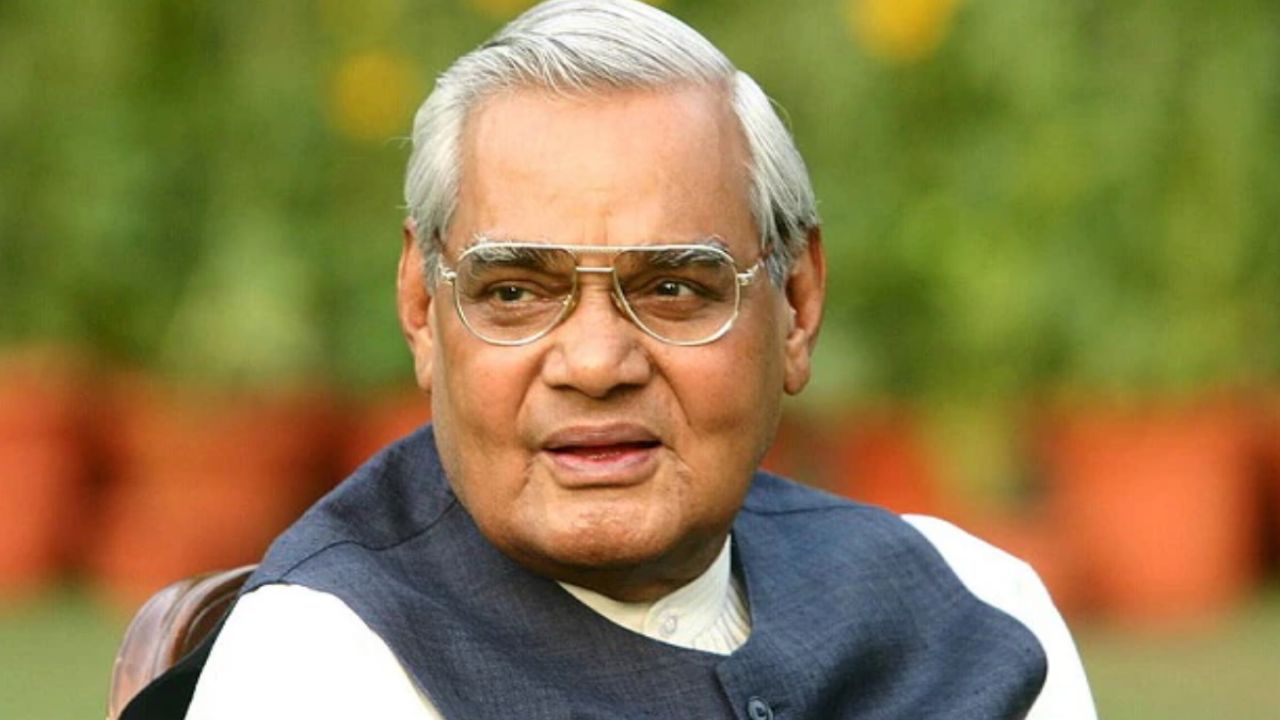
5. Atal Bihari Vajpayee
Tenure: May 16, 1996 – June 1, 1996; March 19, 1998 – May 22, 2004Duration: 6 years, 80 days
Atal Bihari Vajpayee served three terms as Prime Minister, with his most significant period being from 1998 to 2004. His tenure is noted for efforts to improve India's infrastructure, economic policies, and the landmark nuclear tests in 1998.





